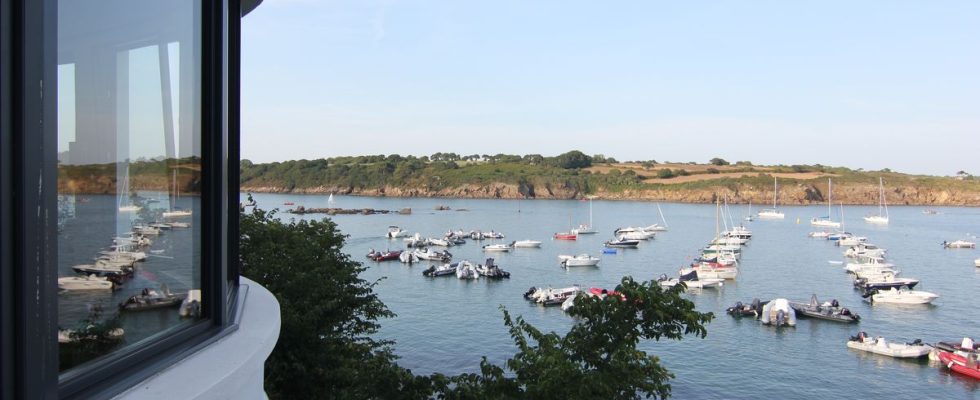That’s not really his skill. But faced with the urgency of the situation, Brittany had no choice. Faced with a real housing crisis, the region faces a terrible challenge. That of housing with dignity all those who knock on its door without building haphazardly. France’s leading agricultural region, it can no longer sacrifice its arable land, constrained by the rules of zero net artificialization. Meeting in session since Wednesday, the regional council therefore proposed, through the voice of its majority, a plan dedicated to housing.
Rather welcomed by the assembly but without unanimous approval. Above all, the left-wing majority refused to vote for an amendment proposing a tax on second homes which crystallizes most of the tensions. The proposal came from the autonomist group Breizh a gleiz, which wanted a regional tax on second homes to be adopted in order to “return” more housing to primary residences and to avoid the phenomenon of closed shutters.
The same political group proposed the creation of a status of “main Breton resident” making it possible to give priority to people wishing to live year-round when obtaining housing. “I was told that it was not necessary to create a queue to buy in Brittany. A queue serves to avoid jostling, the law of the strongest, it ensures that everyone has their turn. We didn’t put it in place. So for two years it has been the law of the strongest (the richest), in all its brutality,” said elected official Nil Caouissin on his X account.
On the coast, second homes can represent 80% of housing
The left-wing majority chaired by Loïg Chesnais-Girard rejected the idea of the tax, considering that this approach presented “the risk of lacking a global vision on housing”, according to elected official Fanny Chappé who carried the housing plan . The National Rally also opposed it, fearing that the sanction would only apply to the owners.
In Brittany, the problem of second homes is not new. In certain areas close to the coast, the rate of these holiday homes sometimes exceeds 80%! By renting them for a few weeks in the summer on platforms like Airbnb, some owners can earn more than by renting them all year round. “We can’t blame them if they can earn three times more than by housing a young employee. We need to fundamentally review taxation at the national level,” believes the president of the region.
The number of second homes has tripled
What has changed profoundly is the real estate market. With construction sites at a standstill, interest rates too high and a galloping population, Brittany cannot cope. A survey unveiled a few months ago estimated that 23,000 new homes would be needed to provide decent accommodation for those waiting for a roof over their heads. “It is estimated that 20% of housing could become a primary residence. That wouldn’t be enough. We cannot only focus on what exists. We must also act on new things,” warns Fanny Chappé. In fifty years, the number of houses built in the region has more than doubled. But the number of second homes has tripled!
A decree published at the end of August offered more than 2,500 new municipalities the possibility of activating a surcharge on second homes. To try to lower the cost of housing, the region is mainly relying on the State. She wants to reduce VAT for social landlords who would agree to build or relaunch a regional real estate company allowing the community to acquire land to avoid speculation. “Our challenge is to help reduce the cost of housing. It will be long. We will not emerge from this crisis in a few weeks or a few months,” warns Fanny Chappé, also mayor of Paimpol.

